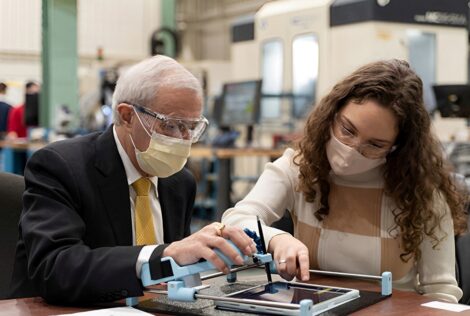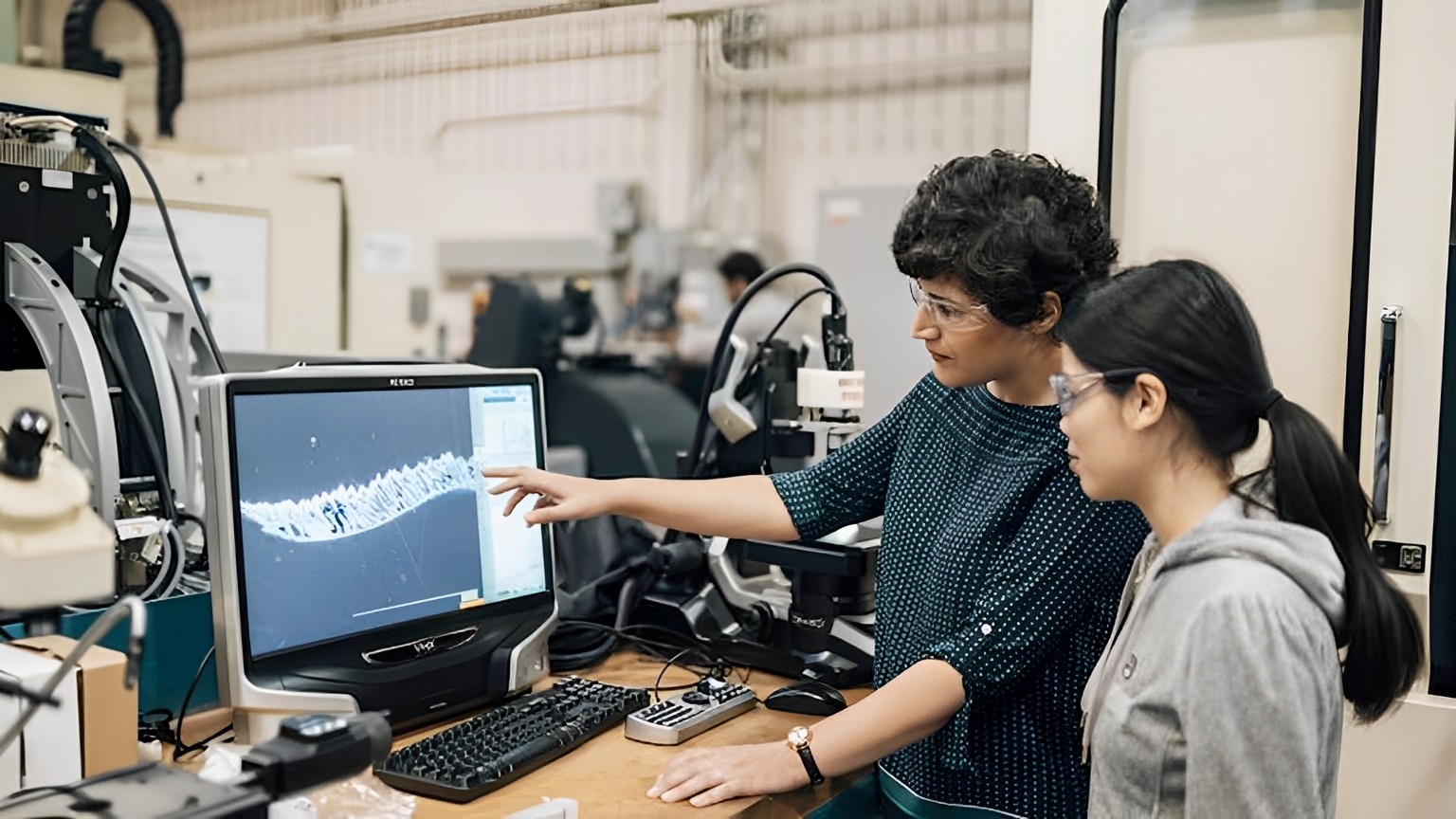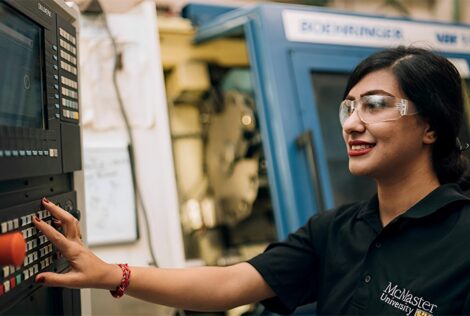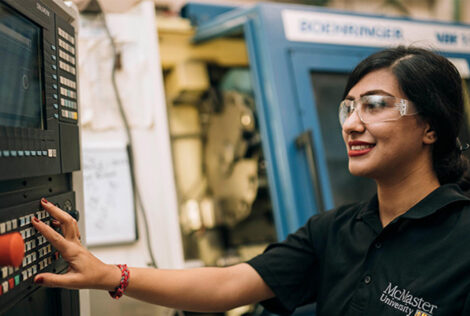

TeraGo Inc. has partnered with McMaster University to jointly build and deploy the first university-based 5G millimeter wave private network for research.
With an established 5G millimeter wave private network, the two entities plan to develop the most cutting-edge technologies for advanced manufacturing and Industry 4.0 in Canada.
A 5G millimeter wave private network delivers higher speeds and lower latency and is a prerequisite to advanced manufacturing and logistics. With these capabilities, users can access the benefits of machine learning, augmented reality, remote automation, edge computing, and more, to improve current products and processes.
McMaster is the first university in Canada to adopt this technology. By equipping McMaster with a 5G millimeter wave private network, the university’s research division and TeraGo will be able to jointly develop advanced manufacturing and logistics. Furthermore, students at McMaster will also be able to leverage world class technology in the classroom.
“It is a privilege to partner with one of the most renowned research institutions in the world as we look to jointly bring technologies to advance Canadian enterprises,” said TeraGo Chief Operating Officer and Chief Revenue Officer Blake Wetzel. “As society rides the revolutionary wave of Industry 4.0 in real time, we intend to further accelerate it by leveraging advanced manufacturing and logistics through a 5G millimeter wave private network. The beauty of the work we will be doing is that it solves real life, business, and societal problems which will make it appealing to both the Canadian Government and corporate enterprises. This current project is just the beginning of the partnership between TeraGo and McMaster University, and I very much look forward to the additional synergies that we’re able jointly collaborate on.”
John Preston, Associate Dean, Research, Innovation and External Relations at McMaster’s Faculty of Engineering added: “We have been engaged with TeraGo for some time, building a mutual understanding of both the immediate opportunities and the long-term goals of our partnership.
“At McMaster University, seeing the innovation process all the way to the end user’s benefit is a core competency that we embrace, and this partnership perfectly embodies just that. With TeraGo’s coveted millimeter wave spectrum, combined with the enthusiasm, creativity and expertise of our research team, we are confident that robust technologies addressing real world problems will emerge from this foundational partnership with TeraGo as well as the additional strategic partners that join in the future.”
The following researchers from McMaster University will be spearheading this project:
- Stephen Veldhuis, Braley-Orlick Chair in Advanced Manufacturing Engineering, Director of the McMaster Manufacturing Research Institute (MMRI)
- Ali Emadi, Canada Research Chair in Transportation Electrification and Smart Mobility and NSERC Industrial Research Chair in Electrified Powertrains. Dr. Emadi leads the largest transportation electrification program in academia in North America
- Saiedeh Razavi, Chair in Heavy Construction and Director of McMaster Institute for Transportation & Logistics
- Natalia Nikolova, Professor, Department of Electrical & Computer Engineering and expert in radio-frequency, microwave and millimeter-wave imaging and detection
- Tim Davidson, Department Chair, Department of Electrical & Computer Engineering and Rong Zheng will act as technology experts and provide oversight


